This post would not have been possible without the invaluable resource that is Professor Geek’s Podcast. The Dark Herald Recommends it with Enthusiasm.
There was nothing that I could do for these poor souls. My arts serve the living. “I’m a doctor, these folks need a minister.” Then I spit on the ground in rage, “filthy savages! They need to be…!”
My friend Ranger slashed the air with his hand, shutting my mouth. I’d interrupted his train of thought, the derailment of which was never appreciated.
I got my doctorate in medicine from Yale, and my friend had maybe finished 8th grade. I couldn’t say which of us was truly the smarter. “I need your opinion as a medical man, what killed this family? And kindly listen with your eyes Doc.”
I was going to say something foul. The bodies were riddled with arrows, it was obvious that Indians… had… mur-de… “They were already dead when those arrows went in,” I stated with cold shock washing over me. “Nowhere near enough blood. Their hearts had already stopped.” A quick examination determined that the Parsons family had the classic indications of death by Atropa belladonna, or Deadly Nightshade if you prefer.
The Ranger was smiling like a wolf when he tossed me the badge, Holly wouldn’t be seeing me tonight. This was what he lived for, the hunt and retribution.
The Detective hero is an American invention.
During his time editing various magazines, Edgar Allan Poe would publish logic puzzles that were extremely popular with his readers. This appears to have led Poe to the creation of a man who pursues and defeats mysteries through the use of logic and deductive reasoning.
The first fictional detective was C. Augustus Dupin in Edgar Allan Poe’s The Murders of the Rue Morgue. You’ve probably heard that old saw about how there are only twenty stories in the world? There were only nineteen of them before Poe created Dupin. He is without precedent in literature and was so groundbreaking as a character there literally wasn’t a word for what he was. “Detective” was not a word in the English (or indeed any) language in 1841.
Arthur Conan Doyle was quite open about the fact that he based Sherlock Holmes on Dupin. He just expanded on the archetype that Poe invented.
So, what is the Detective hero archetype?
The Detective hero is defined by his enforcement of the boundary between the realm of Law and the Realm of Chaos. Chaos is the opponent of the Detective. This archetype is also defined by his intellect, reason is his primary weapon against Chaos. When agents of Chaos enter the realm of Law, the Detective hero pursues them obsessively and relentlessly until he stops them. There is a reason that Batman’s greatest enemy is the devoted servant of Chaos for its own sake.
However, the Detective hero is also the defective hero. Unlike his opposite number the Outlaw (who is always a man of the people), the Detective is always cut off from the human race in some way or another.
-Holmes is as emotionless as a robot.
-Jessica Jones is so hard-boiled and dysfunctional she can’t maintain relationships.
-Mike Hammer is fated to lose every woman he loves, so he refuses to love to the extent that he can.
-Batman has almost no connections to the human race apart from Alfred and Robin. Unlike Superman who maintains his secret identity to protect his loved ones, Batman is so disconnected he doesn’t really have a family. The man in Wayne Manor is just a front, the real man dwells in the cave beneath it.
In many ways, the Detective is a hero for autistics. He is driven by his compulsions and obsessions. A mystery is like a pebble in a shoe to him. He can’t ignore it, it’s not possible because an unsolved mystery is intolerable to him.
The Detective hero is always popular during times of societal upheaval. Dupin was created in an America that was gearing up for a horrendous civil war. Holmes was developed in 1890s London when the English were questioning what it was to be English. Batman appeared during the Great Depression right before America entered a world war.
The Detective hero is sought after in times of tumult because he is the champion of the Realm of Law. When agents of Chaos wreak havoc in the realm of Law, the Detective punishes that agent and thus restores the boundary between these two realms. He doesn’t change things back to the way they were, he just sorts out the mess and creates order.
Ultimately the Detective hero may blather on about justice, but he doesn’t really give a damn about it, his first function and primary motivation is to provide resolution for a crime, not justice.
*I admit that Auguste wasn’t my first choice. I usually name these pieces after a classical hero. Unfortunately, the cursed guy who solved the Riddle of Sphinx is named Oedipus. The Sons of Oedipus has at best distracting connotations.


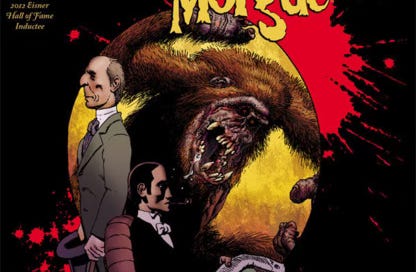



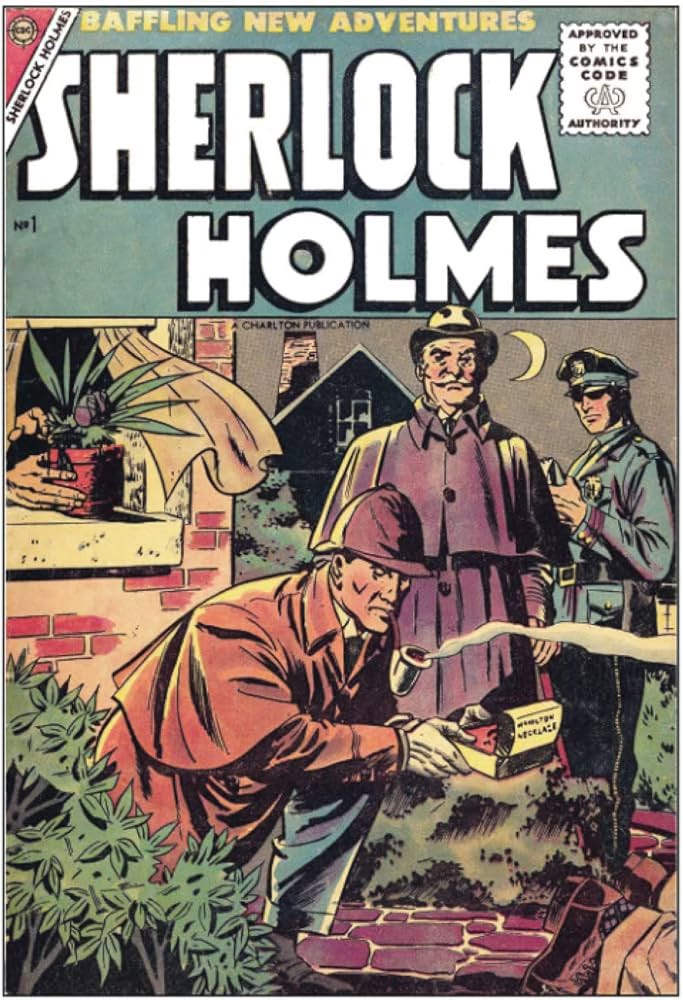
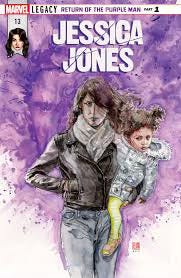
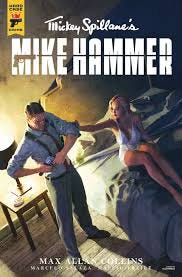
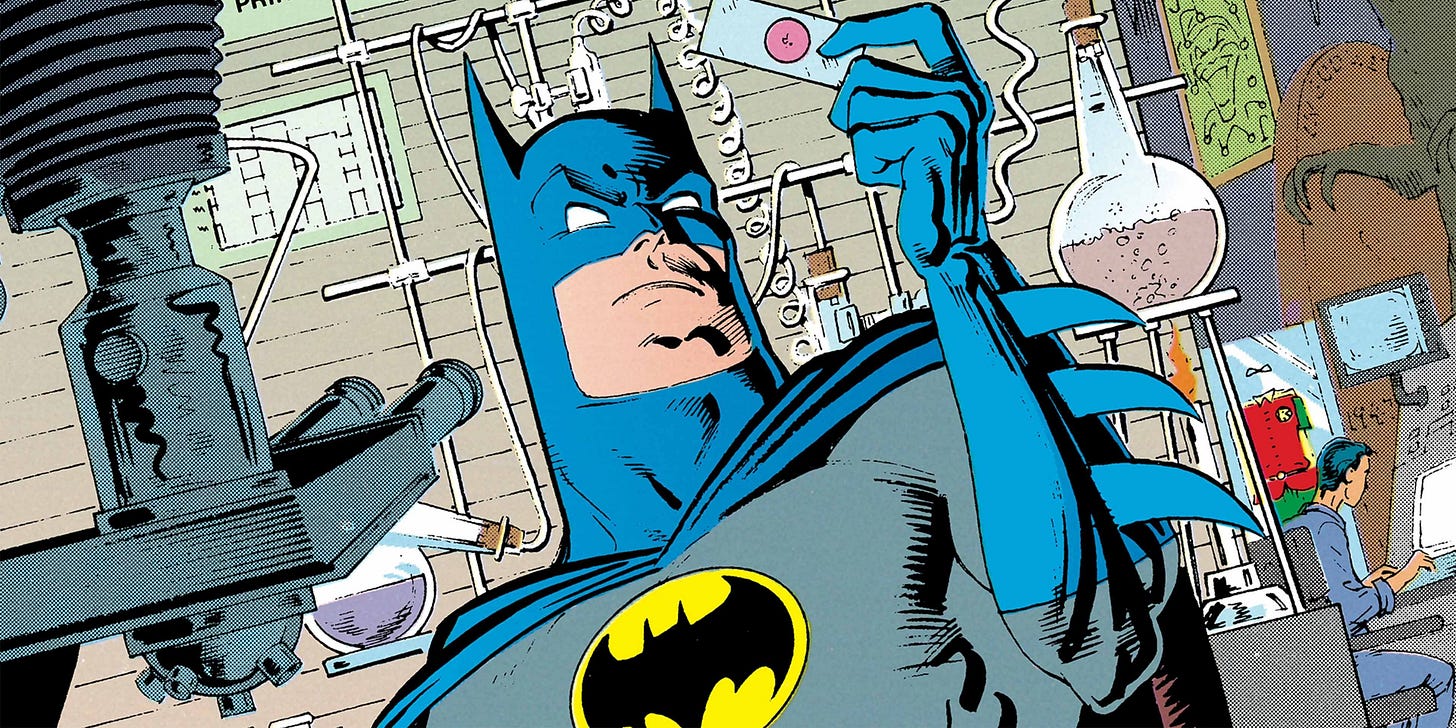
Where was your initial quote from?
>The Detective hero is an American invention.
Alright, you one-shotted me there. Wow. I always thought the Detective archetype came from Europe.
Also, there's potential for further expansion into the Detective hero focused onto earning/regaining his humanity; and I mean in a Good Ending sort of way, since I have no doubt the "defective" route has been done and redone to the death at this point.